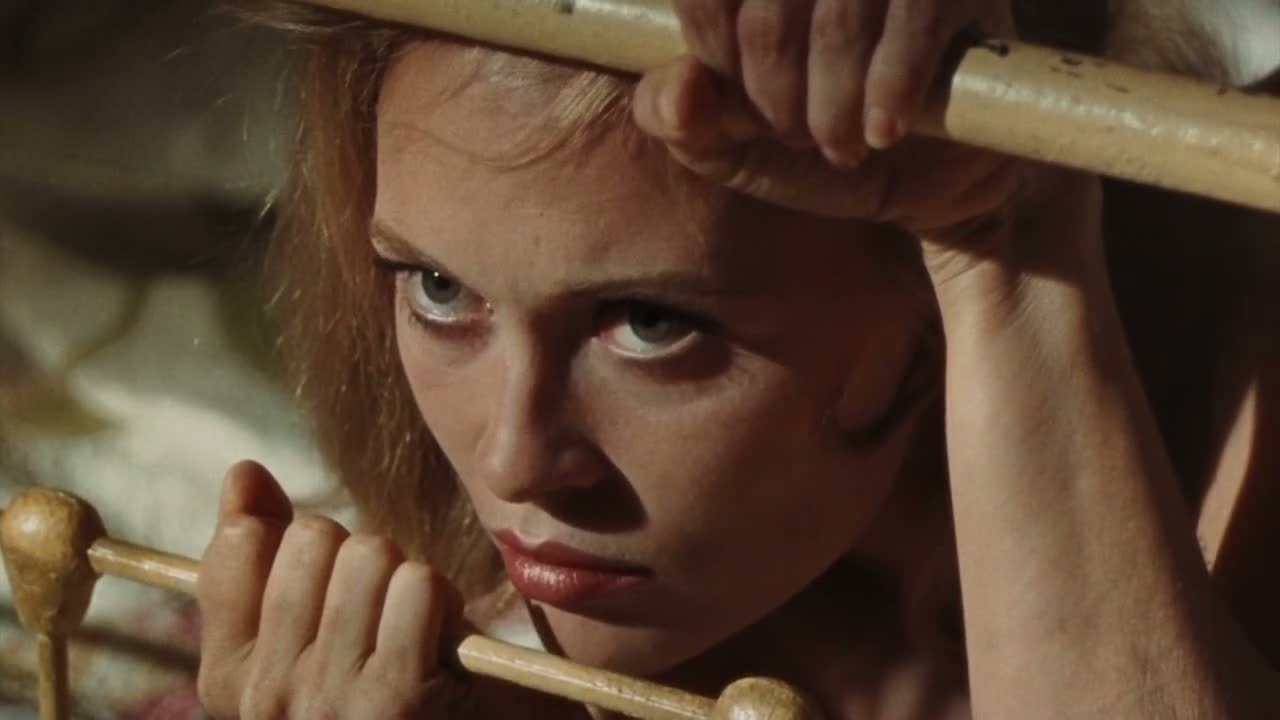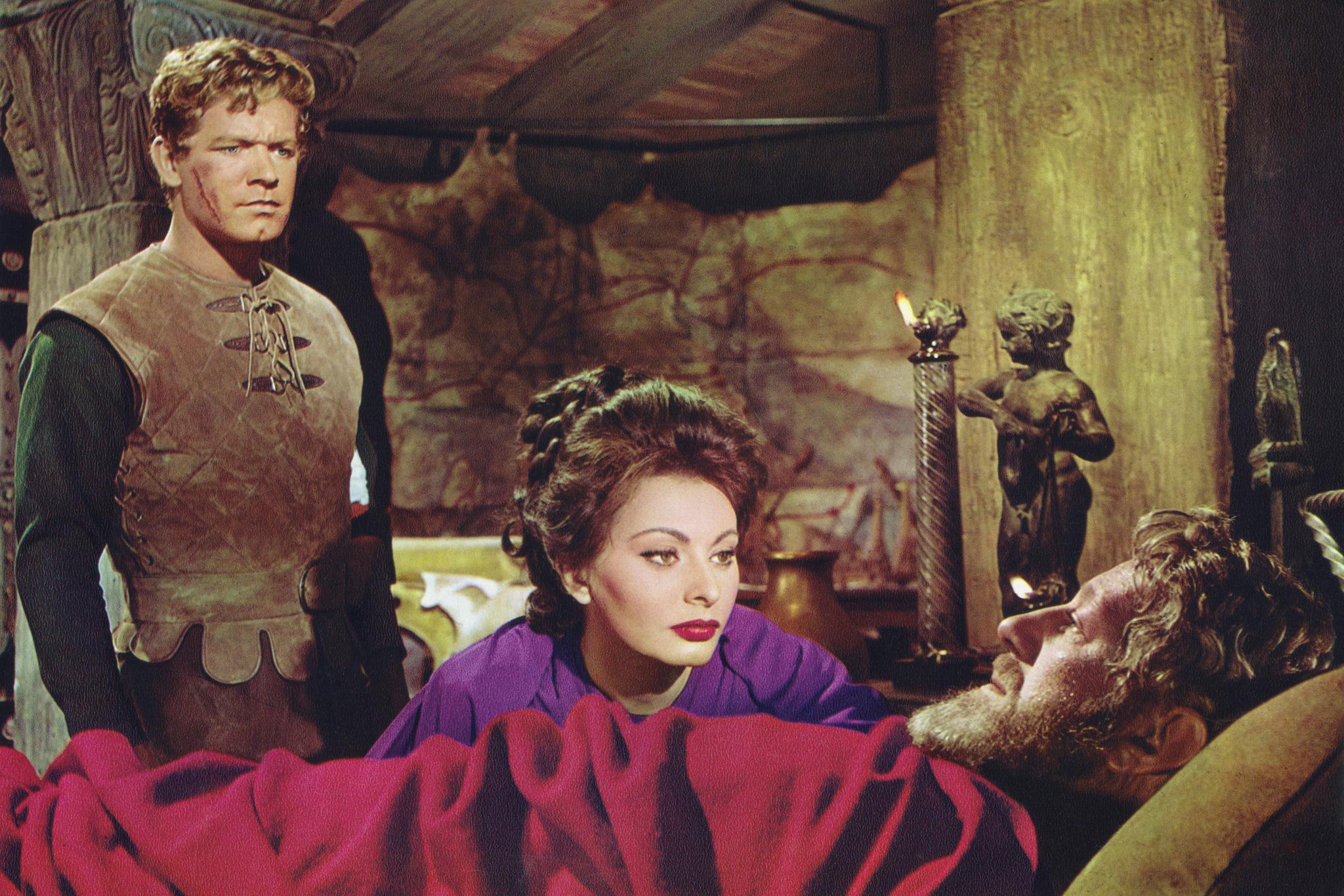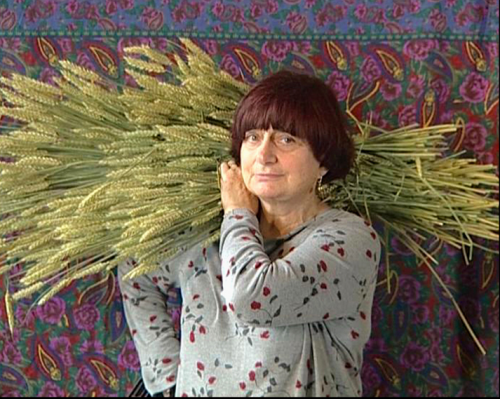Honorary Oscars: Agnès Varda's Cléo from 5 to 7
 Monday, November 6, 2017 at 5:00PM
Monday, November 6, 2017 at 5:00PM We're revisiting work from this year's Honorary Oscar winners. Here's Salim on Agnès Varda...
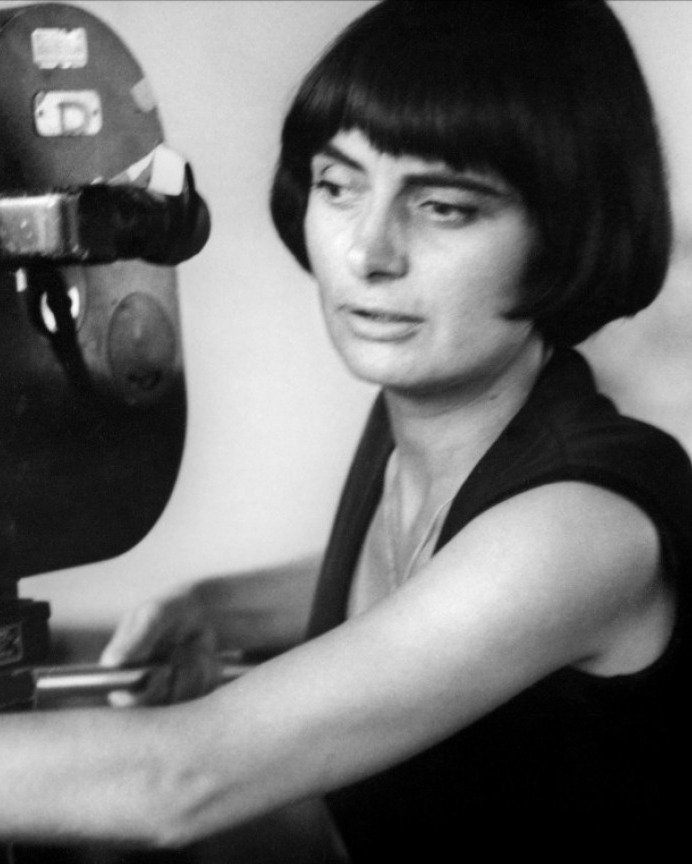 What's good?
What's good?
When most people look back on the French New Wave, it’s unconsciously seen as a boys’ club, especially of the Cahiers du Cinéma clan with Godard and Truffaut. That’s unfortunate when a chapter in film history feels marginalizing and the masculinity in the French New Wave movement can end up nondescript.Much thanks for Agnès Varda then, representing both the literary Left Bank wing of the French New Wave and the feminine voice she brought to the fray.
While her directorial debut La Pointe Courte predates and even informs much of the French New Wave proper, Cléo from 5 to 7 is essentially the work that broke that glass ceiling and introduced a new sort of perspective into the one of the most radical movements in film history.
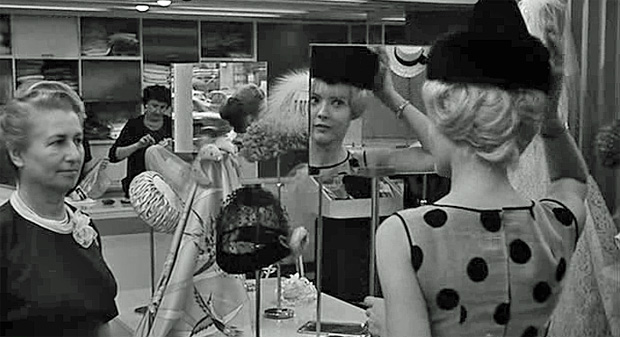
And the brilliant thing is how unassuming Cléo from 5 to 7 is about these things. Not TOO relaxed, mind you...



